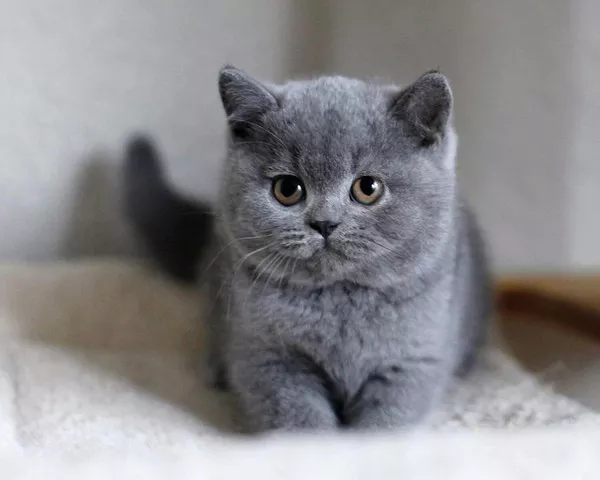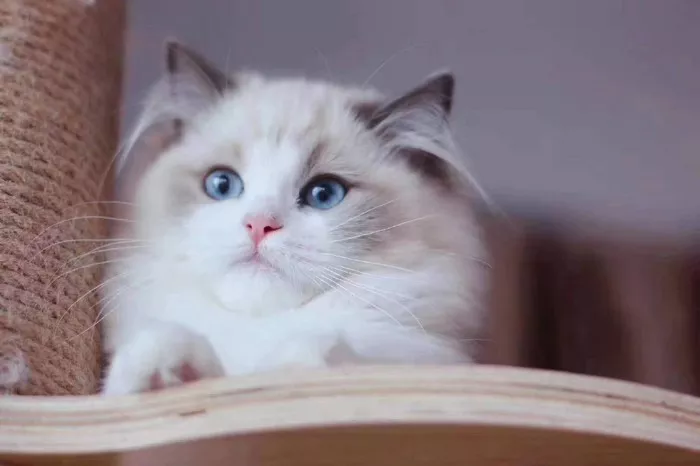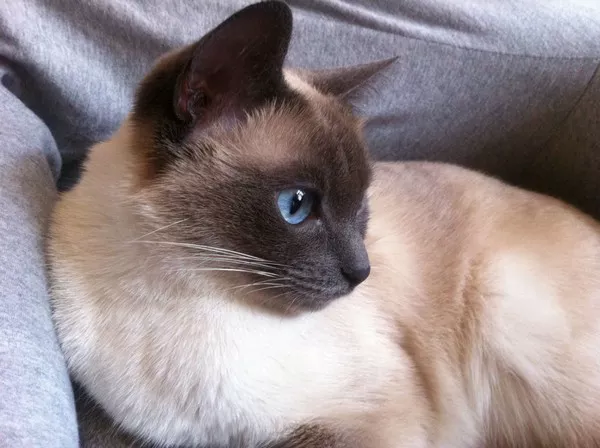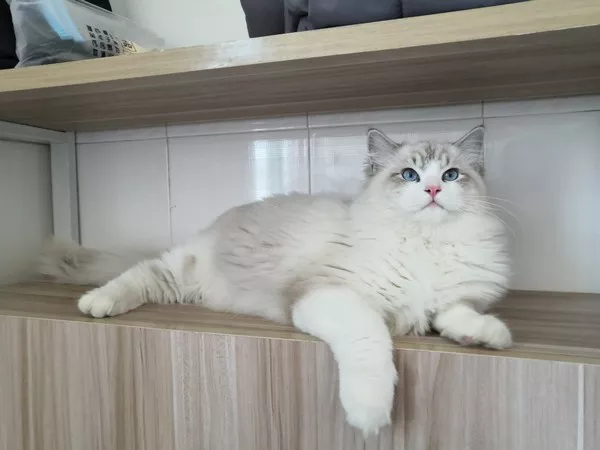Cats are mysterious and captivating creatures, known for their unique behaviors and habits. One common behavior that often raises questions among cat owners is licking. Have you ever wondered why cats lick themselves? In this article, we will delve into the intriguing world of feline grooming, exploring the various reasons behind this behavior. From cleaning and comfort to social interactions, we will uncover the multiple facets that contribute to a cat’s tendency to groom themselves.
Instinctual Grooming: A Necessity for Survival
1. Evolutionary Roots
Cats are born with a natural instinct to groom themselves, which stems from their evolutionary history. In the wild, grooming serves as a crucial survival mechanism by helping cats remove scents, debris, and traces of prey that could otherwise alert predators.
2. Keeping Clean
Cats groom to keep their fur clean and free from dirt, dust, and external contaminants. Licking helps distribute natural oils produced by their skin, contributing to a healthy and shiny coat.
See Also: Are Cats Clean? [Revealed!]
Self-Soothing and Comfort
1. Stress Relief
Cats are known for their sensitivity to changes in their environment. When faced with stress or anxiety, licking can provide a soothing and self-comforting mechanism that helps cats cope with unfamiliar situations.
2. Releasing Endorphins
Licking triggers the release of endorphins, which are natural feel-good hormones. This pleasurable sensation can help cats relax and alleviate mild discomfort or anxiety.
Temperature Regulation
1. Cooling Effect
Licking helps regulate body temperature by promoting evaporation of saliva from their fur. As saliva evaporates, it provides a cooling effect that can be particularly beneficial in hot weather.
2. Insulation
In colder temperatures, licking can help cats trap warm air between their fur and skin. This insulation mechanism helps keep them warm and comfortable.
Social Bonding and Communication
1. Scent Marking
Cats have scent glands located on various parts of their bodies, including their faces, paws, and tails. By licking themselves, cats transfer their unique scent, marking themselves and their territory.
2. Grooming Rituals
Cats that live in social groups, such as those in multi-cat households, engage in mutual grooming as a form of social bonding. This behavior reinforces positive relationships and establishes trust among group members.
Maintaining Mobility and Flexibility
1. Joint Health
Cats are known for their agility and flexibility. Licking helps maintain joint health by promoting blood circulation and preventing stiffness in their limbs.
2. Cleaning Hard-to-Reach Areas
Cats are meticulous groomers, and they often use their rough tongues to clean hard-to-reach areas that they can’t access through regular grooming, such as the back of their necks and ears.
Excessive Licking: When to Be Cautious
1. Over-Grooming
While licking is a natural behavior, excessive grooming can be a sign of underlying issues, such as allergies, skin irritation, or anxiety. If you notice your cat excessively licking or causing bald patches, consult a veterinarian.
2. Behavioral Changes
Abrupt changes in grooming behavior, such as a decrease in grooming or focusing on a specific area, might indicate medical concerns or discomfort. Regular observation of your cat’s grooming habits is essential for identifying any changes.
See Also: Does My Cat Need a Summer Haircut? Cool Cat Haircuts & Grooming Tips!
Conclusion
In conclusion, a cat’s tendency to lick themselves is a multifaceted behavior rooted in their evolutionary history, emotional needs, and physical well-being. From instinctual grooming for survival to self-soothing and temperature regulation, each lick serves a unique purpose in a cat’s life. Understanding the reasons behind this behavior can deepen your connection with your feline companion and allow you to better interpret their needs and emotions. While most licking is a natural and healthy behavior, it’s important to be attentive to any excessive or unusual grooming patterns that might signal underlying health or behavioral issues. By nurturing a harmonious and attentive relationship with your cat, you can appreciate the complexity of their grooming rituals and provide them with the care and comfort they deserve.



























